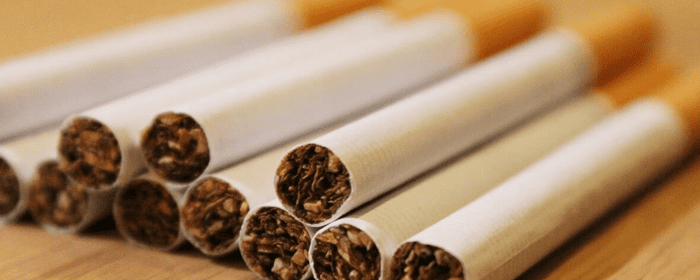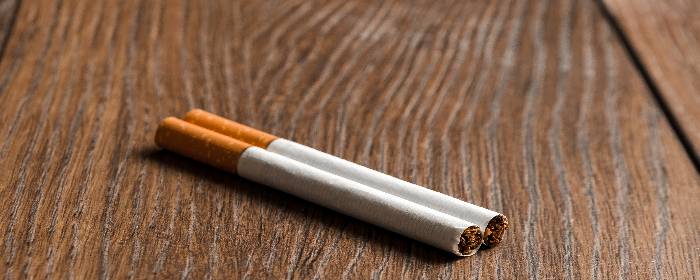
Comparison of the Effect of Cigarette Smoke on Mesenchymal Stem Cells and Dental Stem Cells
Cigarette smoking continues to be the leading contributor to preventable disease and death in the United States, including cancer, heart disease, stroke, lung diseases, diabetes, and chronic obstructive pulmonary disease (COPD). Smoking cigarettes also increases the risk of tuberculosis, certain eye diseases, chronic pain, and problems of the immune system, including rheumatoid arthritis.
An abundance of clinical research has clearly shown the detrimental effects cigarette smoke has on nearly every area of the body. However, while assumed to be equally dangerous in its effect on stem cells, there is surprisingly little research exploring the negative implications of cigarette smoking on stem cells.
In this review, Nguyen et al. share findings of recent studies on the effects of cigarette smoking and nicotine on mesenchymal stem cells (MSCs), with a specific focus on dental stem cells.
With their ability to self-renew, develop into specialized cell types, and migrate to potential sites of injury, stem cells have demonstrated the potential to build every tissue in the body and have also demonstrated great potential for tissue regeneration and associated therapeutic uses.
As the potential benefits and weaknesses of stem cells continue to be discovered, researchers have found that cigarette smoking negatively impacts the abilities of stem cells while also limiting stem cell viability for transplantation and regeneration.
While there has been a recent decline in the percentage of U.S. adults who smoke, over 34 million U.S. adults continue to be regular cigarette smokers. Interestingly, research has demonstrated the concentration of nicotine to be significantly higher in saliva than in blood plasma following nicotine administration via cigarette, e-cigarette, and nicotine patch – in some cases measuring up to eight times higher concentrations. Considering this research, and considering the established detrimental effects of e-cigarette vapor – and presumably nicotine – on teeth and dental implants, the authors of this review hypothesized that there would be a similar effect when dental stem cells are exposed to cigarette smoke.
Reviewing the effect that cigarette smoke has on MSCs, the authors found that exposing MSCs to cigarette smoke extract (CSE) and nicotine impaired cell migration, increased early and late osteogenic differentiation markers, decreased cell proliferation, and significantly inhibited the ability of MSCs to differentiate to other types of cells.
Nguyen et al. reviewed research that determined cigarette smoke produced a negative impact on the proliferation and differentiation of dental pulp stem cells (DPSCs). Specifically, this research demonstrated a significantly higher depression of alkaline phosphatase (ALP) and osteocalcin (OC) genes in smokers when compared to nonsmokers. Additional studies found that smokers demonstrated reduced calcium deposition levels and production of ALP when compared to nonsmokers.
Cigarette smoke and nicotine were also found to negatively affect the migration capability of dental stem cells, slowing the migration rate by up to 12% in smokers while also producing a smaller reduction of scratch wound areas when compared to nonsmokers.
While there are not many studies directly comparing the effects of cigarette smoke and nicotine on MSCs and dental stem cells, the authors conclude that dental stem cells exhibit similar characteristics to bone marrow MSCs and that both of these types of stem cells demonstrate similar negative responses upon their exposure to nicotine.
While the authors call for further research to better understand the specific effects of cigarette smoke on dental stem cells, the authors conclude that the findings demonstrating similar responses to cigarette smoke and nicotine between dental stem cells and MSCs can be used to inform future dental stem cell studies. These findings will help dentists better identify which patients might be at an increased risk of poor healing in the oral cavity and if smoking cessation should be considered before undergoing any invasive or traumatic dental procedure, such as tooth extraction.
Source: Comparison of the effect of cigarette smoke on mesenchymal stem ….” https://journals.physiology.org/doi/10.1152/ajpcell.00217.2020.


 St. Petersburg, Florida
St. Petersburg, Florida
